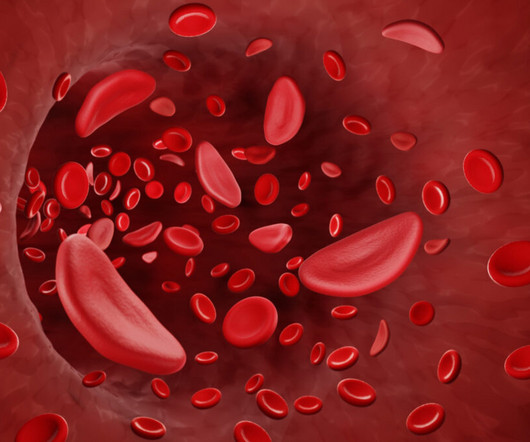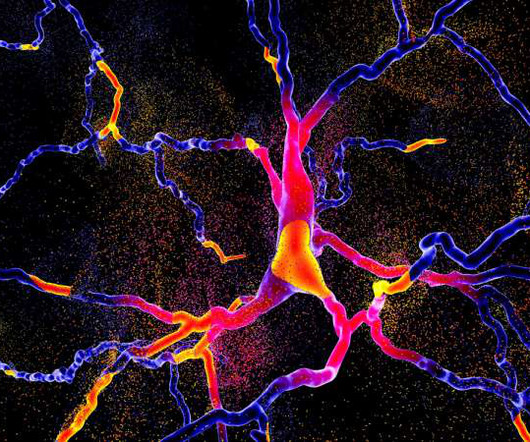Vertex, CRISPR prep filing for gene-editing blood disorder therapy
pharmaphorum
SEPTEMBER 28, 2022
Vertex Pharma and partner CRISPR Therapeutics will start a rolling marketing application in the US for their gene-editing drug for sickle cell disease (SCD) and beta thalassaemia later this year. The post Vertex, CRISPR prep filing for gene-editing blood disorder therapy appeared first on.














Let's personalize your content